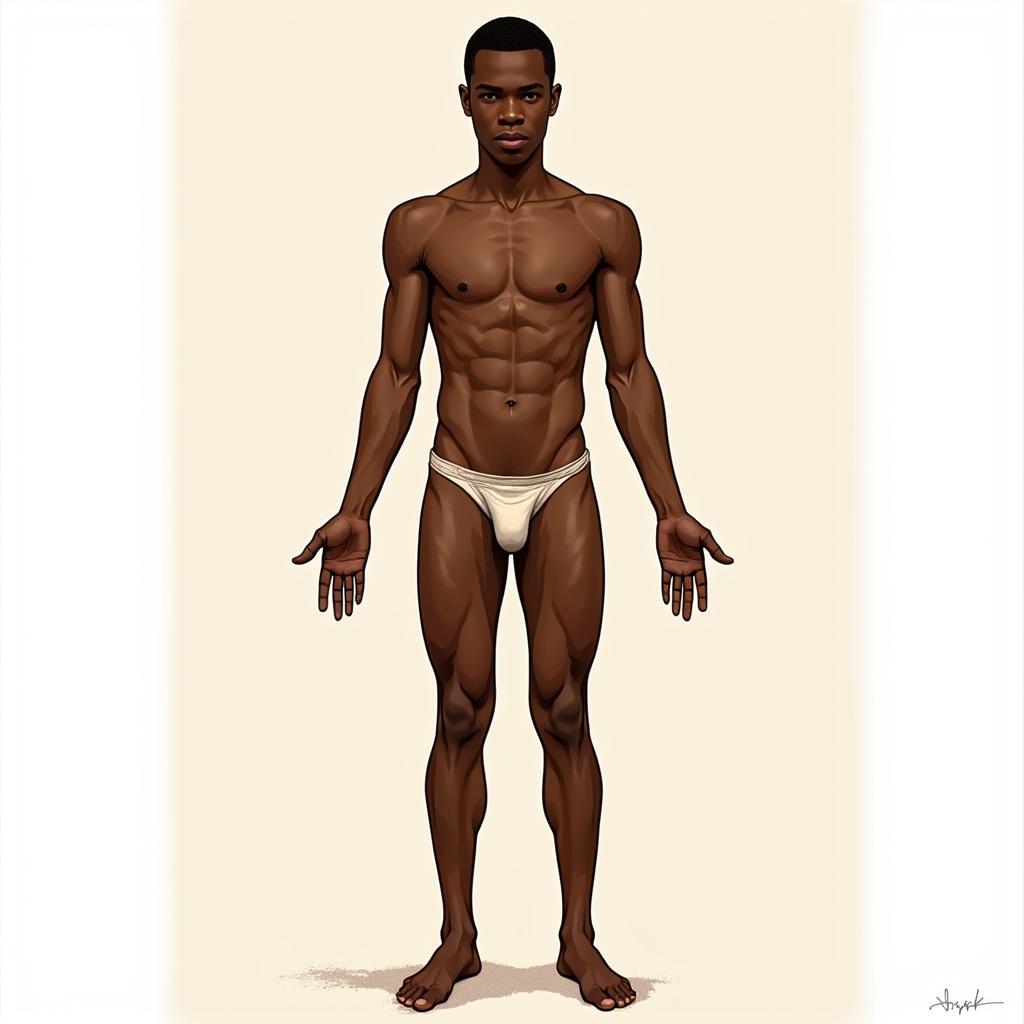African Involvement in the Slave Trade: A Complex and Painful History
The transatlantic slave trade was a horrific period in human history, and Africa’s role in it is a complex and painful one. While it is often misunderstood, it is crucial to understand the full scope of the trade to fully grasp its impact on the continent.
Understanding the Complexities
The slave trade was not a singular event, but rather a series of interconnected systems spanning centuries. From the 15th to the 19th century, millions of Africans were forcibly removed from their homelands and sold into slavery across the Americas and Europe. While European powers are widely recognized for their role in the trade, it’s important to acknowledge the participation of African rulers and communities.
African Rulers’ Involvement
Many African rulers were involved in the slave trade, either by selling enslaved people to European traders or by capturing and trading people themselves. This involvement was often motivated by:
- Economic incentives: Trade with Europeans brought wealth and prestige to many African rulers.
- Political alliances: Some rulers forged alliances with European powers to gain an advantage over their rivals.
- Internal conflicts: Slavery was often used as a weapon in inter-tribal wars, with captives being sold into slavery.
However, it’s crucial to remember that these decisions were often made under duress. The European powers had significant advantages in terms of weaponry and technology, and they were often able to exert considerable pressure on African rulers.
Internal African Slave Trade
It’s important to acknowledge that slavery existed in Africa long before European involvement. Many African societies practiced forms of slavery, often as punishment for crimes or debt, or as a means of acquiring labor for agriculture.
This pre-existing system of slavery was further exploited by European traders. African rulers and traders participated in the transatlantic slave trade by capturing and selling people to European traders, often using existing systems and networks within their societies.
The Impact of the Slave Trade
The transatlantic slave trade had devastating consequences for Africa. It:
- Depleted the continent’s population: Millions of Africans were forcibly removed from their homelands, leading to a decline in population growth and economic development.
- Disrupted societies and cultures: The slave trade disrupted traditional social structures and cultural practices, leading to instability and conflict.
- Perpetuated violence and exploitation: The trade itself was a brutal and violent system that resulted in the deaths of countless people and left a lasting legacy of trauma and injustice.
Professor Kwame Anthony Appiah, a renowned scholar on African history, has stated:
“The slave trade was a moral abomination and a betrayal of humanity. It is crucial to acknowledge the pain and suffering it inflicted on millions of Africans, and to understand the enduring legacy of that suffering.”
Moving Forward: Acknowledging the Past, Building a Better Future
Understanding African Involvement In The Slave Trade is crucial to comprehending the history of the continent and its enduring impact. It is not about blaming anyone, but rather about recognizing the complex and painful history of the trade. We must move forward with a commitment to truth, justice, and reconciliation.
Frequently Asked Questions
1. What is the difference between slavery in Africa and the transatlantic slave trade?
While slavery existed in Africa before the European involvement, the transatlantic slave trade was a unique and brutal system that involved the forced transportation of millions of Africans across the Atlantic Ocean.
2. Why did African rulers participate in the slave trade?
African rulers were motivated by economic incentives, political alliances, and the need to defend their own interests against European pressures. However, it is important to remember that they often acted under duress.
3. What are the lasting impacts of the slave trade on Africa?
The slave trade left a lasting legacy of trauma, social and cultural disruption, and economic inequality.
4. How can we move forward from the legacy of the slave trade?
By acknowledging the past, promoting education about the slave trade, and working towards social justice and reconciliation, we can strive to build a better future.
